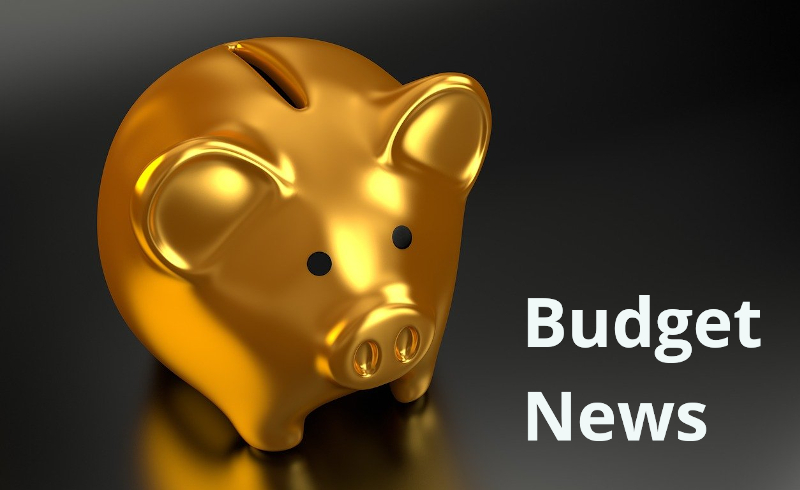
Chancellor Philip Hammond’s Budget yesterday was the final budget before the UK leaves the European Union, when we will enter a new chapter in our country’s economic history.
The alterations to the income tax bands have been brought forward by a year. From April 2019, the Personal Allowance will be £12,500 and the higher rate tax band has increased to £50,000. There will be no changes to these bands in 2020/21 but thereafter the plan is that they will increase in line with the Consumer Prices Index (CPI). The Annual Exempt Amount for Capital Gains increases to £12,000 pa. The National Living Wage will also rise by 4.9% from £7.83 per hour to £8.21 per hour.
The main ISA allowance remains at £20,000 pa whilst the Junior ISA allowance increases to £4,368 pa.
For the ninth year in a row, fuel duty will remain frozen. Beer, cider and spirits duties are to be frozen also.
A £30 billion package was announced for the roads, which includes repairs to motorways and potholes, which is something many of us will agree was needed.
The NHS will receive an extra £20.5 billion in funding over the next five years.
A digital services tax, which will target tech giants, will levy a 2% tax rate against the sales that large digital companies make in the UK, rather than against the profits they make. This tax will be imposed on companies that are profitable and generate at least £500 million a year in global revenue. This is ‘earmarked’ for April 2020.
Across the financial planning industry, it has also been a welcome relief that there was no ‘tinkering’ to pensions. The lifetime allowance will continue to increase each year with inflation, the annual allowance remains at £40,000 unless subject to the “tapering” for high earners, and the money purchase annual allowance remains at £4,000.
Smaller firms who take on apprentices will see the Apprenticeship levy half from 10% to 5%.
Acknowledging that the high street is under threat, for the next two years all retailers in England occupying property with a rateable value of £51,000 or less will have their business rates bill cut by a third. This is predicted to benefit 90% of independent shops, pubs and restaurants.
As awareness of the condition of our oceans increases and the effects plastic is having on these, a new tax on plastic packaging which does not contain at least 30% recyclable material was announced. A tax on takeaway coffee cups was not confirmed but this could happen in future if the industry does not make enough progress on this matter.
GDP growth forecasts from the Office for Budget Responsibility (OBR) have been amended to those previously announced in March, with 2018 notably downgraded from 1.5% to 1.3%, however this has been attributed to the impact of the bad spring weather. GDP growth for 2019 is raised from 1.3% to 1.6%, with 2020 and 2021 forecast at 1.4%, 2022 at 1.5% and 2023 at 1.6%.
Looking back over the past 8 years, there are now 3.3 million more people in work since 2010 and a further 800,000 jobs are forecast to be created by 2022.
As ever, if you have any queries on any elements of the budget and how this may effect you individually, please feel free to contact us at Eldon and we would be happy to discuss this with you.